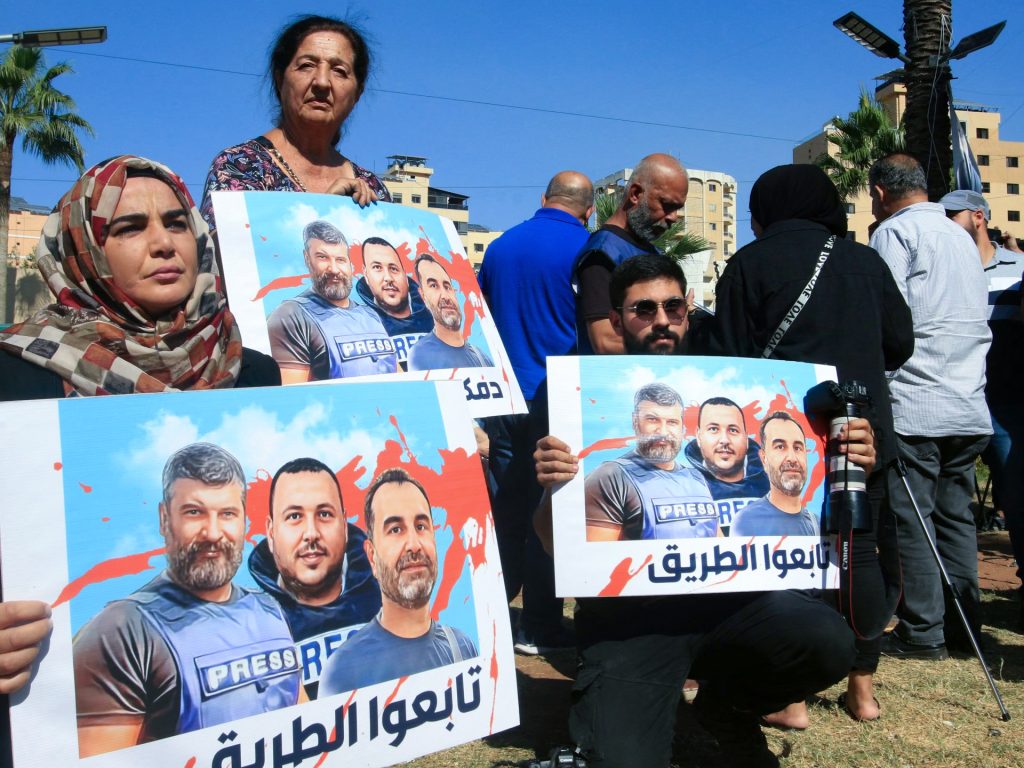In 2022-23, there was a significant increase in the number of journalists killed worldwide, compared to previous years, with the majority of cases remaining unsolved. UNESCO reported that on average, one journalist was killed every four days, totaling 162 deaths. The report described this increase as “alarming” and emphasized the importance of addressing these crimes and ensuring justice for the victims. UNESCO Director-General Audrey Azoulay called on countries to do more to prevent these crimes from going unpunished. The International Day to End Impunity for Crimes against Journalists is recognized by the UN.
The largest number of killings of journalists occurred in Latin America and the Caribbean during the two-year period, with 61 deaths, while North America and Western Europe had the fewest killings, with only six. Conflict zones saw a rise in journalist fatalities in 2023, accounting for 59 percent of the total deaths, a shift from previous years. Local journalists were most at risk in conflict zones, making up 86 percent of those killed while covering conflicts. In 2023, Palestine recorded the highest number of journalist deaths, with 24 fatalities.
Journalists have faced increased danger while covering conflicts in Gaza, Israel, and Lebanon, with more than 135 journalists killed since October 2024 in these regions. Al Jazeera journalists in Gaza have been targeted by Israeli authorities, accusing them of being Hamas affiliates, which the network has denied. The Al Jazeera Media Network condemned the targeted attacks on journalists in the region, describing them as part of a campaign to silence those documenting the realities of war.
The report highlighted that journalists and other media workers were also targeted for covering issues such as organized crime, corruption, and public demonstrations. Fourteen of the journalists killed during 2022-23 were women, while at least five were in the age range of 15-24. The issue of impunity surrounding the killings of journalists was emphasized, as 85 percent of cases identified by UNESCO dating back to 2006 remain unsolved or abandoned. While there has been some improvement in resolving cases since 2018, there is still a significant percentage of cases where justice has not been served.
UN Secretary-General Antonio Guterres urged governments to take urgent steps to protect journalists, investigate crimes against them, and prosecute those responsible for attacks on media workers. Guterres stressed that impunity only leads to further violence and called for action to prevent such crimes from happening. The issue of justice delayed was also highlighted in the report, with the median time for resolving cases of journalist killings standing at four years. The importance of addressing these crimes and ensuring justice for journalists killed while doing their jobs was a key focus of the UNESCO report.















